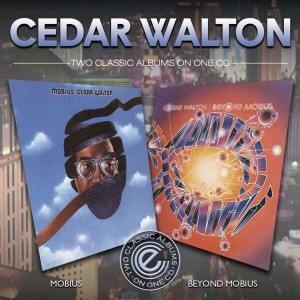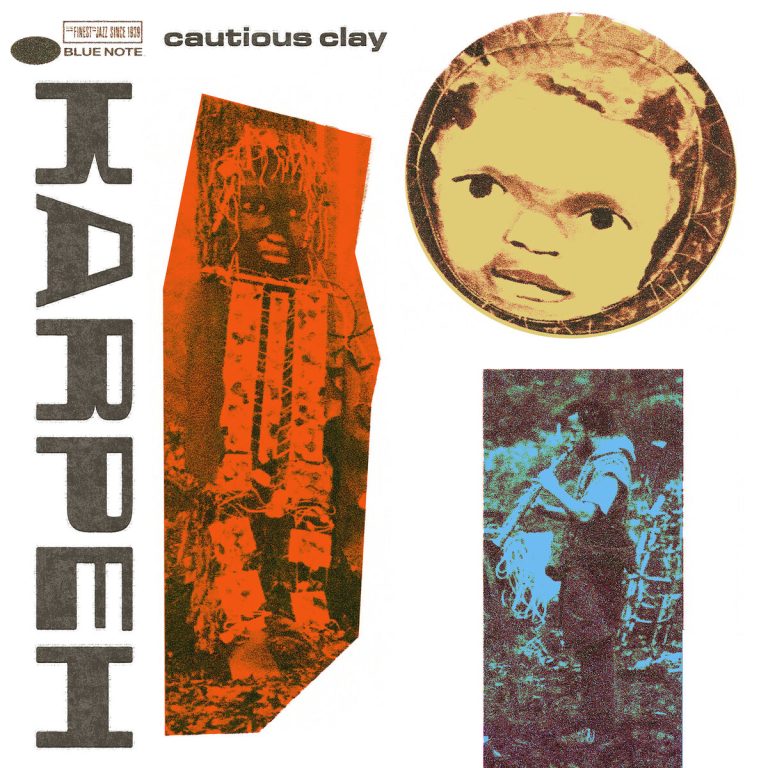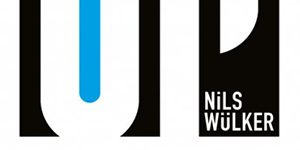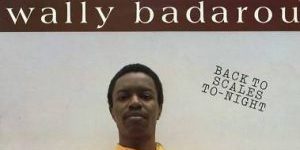Cedar Walton Does the Bee Gees On Reissue
 Pianist Cedar Walton was one of many pure jazz artists who were dismissed by fans and critics alike for turning disco or pop in the mid- to late 70s. For me as a teenager growing up in the late 70s with Radio Luxemburg, BFBS, and AFN, it was the perfect entry into a vast musical universe and probably the reason why to this day I can enjoy both Herbie Hancock‘s “Maiden Voyage” from 1966 and his discofied “Doin’ It” from 1978. And probably the reason why Donald Byrd‘s “Love Has Come Around” from his 1981 Isaac Hayes-produced LP “Love Byrd” ranks among my top five songs of all time, yet his 1963 LP “A New Perspective” also still sends chills. And the list goes on. It’s all about impartiality. The group Kleeer said it all on their 1979 LP “Winners”: “Open Your Mind”. I think it can be compared to the current scene where the most interesting musicians simply don’t care about genres and create exciting mixes.
Pianist Cedar Walton was one of many pure jazz artists who were dismissed by fans and critics alike for turning disco or pop in the mid- to late 70s. For me as a teenager growing up in the late 70s with Radio Luxemburg, BFBS, and AFN, it was the perfect entry into a vast musical universe and probably the reason why to this day I can enjoy both Herbie Hancock‘s “Maiden Voyage” from 1966 and his discofied “Doin’ It” from 1978. And probably the reason why Donald Byrd‘s “Love Has Come Around” from his 1981 Isaac Hayes-produced LP “Love Byrd” ranks among my top five songs of all time, yet his 1963 LP “A New Perspective” also still sends chills. And the list goes on. It’s all about impartiality. The group Kleeer said it all on their 1979 LP “Winners”: “Open Your Mind”. I think it can be compared to the current scene where the most interesting musicians simply don’t care about genres and create exciting mixes.
So when Cedar Walton entered the RCA studios in 1975 to record “Mobius”, he had just released several straight-ahead jazz recordings with the likes of Hank Mobley, Sam Jones, and Louis Hayes and entered a new phase with using synthesizers and keyboards, vocals and electric guitars. Intolerable for many, and probably not among Cedar’s best recordings, but important and worthwhile nevertheless.
Both “Mobius” and its follow-up, “Beyond Mobius” from 1976, are now available on CD for the first time. And the fusion sound of John Coltrane‘s “Blue Trane” with its rock-like guitar of Ryo Kawasaki together with Cedar’s keys work can be compared to the music of the CTI label, whose output during that time is probably best-known. Monk’s “Off Minor” is hardly recognizable and Cedar’s own “The Maestro” features Bob James-like keyboard work and sweet, syrupy vocals by Adrienne Albert and Lani Groves. The song was later recorded by Cedar and Abbey Lincoln for his 1980 LP of the same name. The tenor sax of Frank Foster is also worth a mention, especially on “Soho”, where he seems far away from his usually much bluesier sound.
The seven tracks of “Beyond Mobius” are a cross section of some of the popular r&b and pop hits of the time. Starting out with “Bad Luck”, the top 20 pop hit in 1975 for Harold Melvin and The Blue Notes, Cedar uses a different personnel here, like Blue Mitchell on trumpet or guitarists Eric Gale and Cornell Dupree. “Low Rider”, a top ten hit for the group War in 1975, has some funky sax playing by Eddie Harris, grooving keys by the leader and fancy percussion. And it is Eddie’s sax which saves the otherwise pretty dull version of the number 1 Bee Gees hit from 1975, “Jive Talkin'”.
There is also a free-flowing, uplifting disco version of the 50s hit “Canadian Sunset” with some hilarious ARP synth playing by producer Mike Lipskin and Cedar on piano with additional, real strings. And Cedar’s own “The Girl With The Discotheque Eyes” with its shuffling rhythm and Blue Mitchell’s sexy trumpet plus light and breezy vocals by Adrienne Albert, Maeretha Stewart, and Yolanda McCullough who later released three solo albums as Ullanda McCullough, among them a great Ashford & Simpson-produced LP in 1981. And the synth work on “Lonely Cathedral” is so hip that it easily fits today’s landscape.








